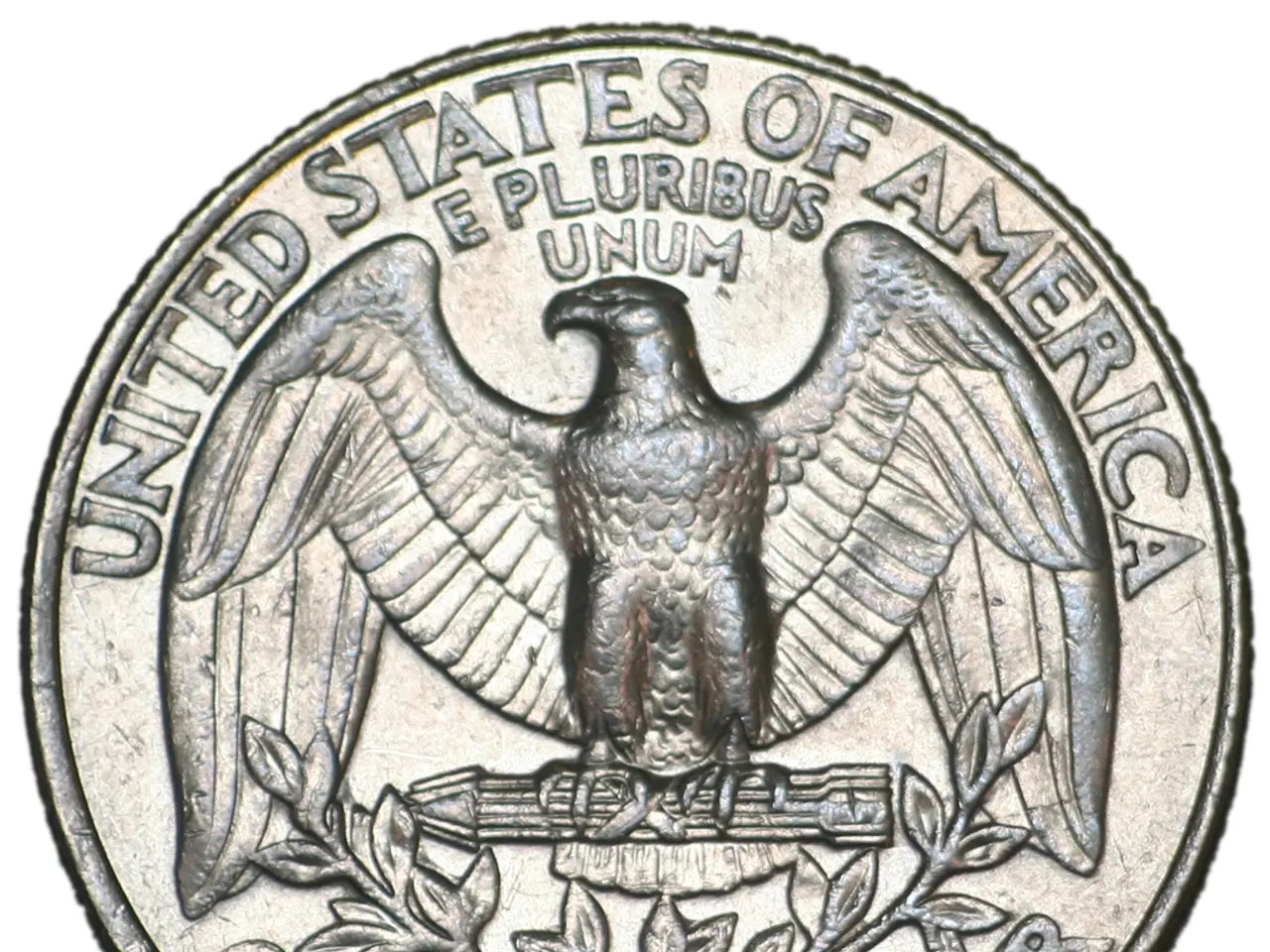KuCoin temporarily halts peer-to-peer trading in Nigeria due to regulatory issues
In a move to comply with local regulations and increasing scrutiny from the Security and Exchange Commission (SEC) of Nigeria, global cryptocurrency platform KuCoin has announced the suspension of peer-to-peer (P2P) trading and fast buy services via naira card in Nigeria.
The suspension, effective from May 15, 2024, comes amid a crackdown on cryptocurrency in Nigeria, with the recent actions against Binance indicating a broader regulatory push against the industry. The Central Bank of Nigeria (CBN) has not recognized cryptocurrencies as legal tender and banned banks from cryptocurrency transactions since 2021, leading to the widespread use of P2P trading for crypto exchange in Nigeria.
Despite crypto remaining legal but unregulated, P2P trading boomed as a workaround of banking restrictions. However, the Nigerian government believes that bad players manipulate the naira's value using P2P trading, particularly due to the process of setting exchange rates on P2P platforms.
KuCoin's suspension aligns with a strong regulatory push in Nigeria against direct fiat-crypto services linked with the naira. Nigerian users can no longer use naira for P2P trades on KuCoin, but all other services on the platform remain available.
Crypto traders in Nigeria typically relied on P2P and off-ramp platforms like Paxful and Remitano due to the banking ban and regulatory restrictions. With KuCoin's suspension, Nigerian users must currently rely on alternative crypto access methods or platforms not involving naira fiat.
The value of the naira has dropped by more than 60% in the past year, and the Nigerian government's foreign exchange situation remains a concern, with uncertain oil markets and decreasing foreign investment putting pressure on foreign exchange reserves.
Two Binance employees were arrested, with one still in custody, following the regulatory crackdown on the platform. The acting SEC chief made recent comments suggesting a potential P2P ban during a meeting with the Blockchain Industry Coordinating Committee of Nigeria (BICCoN).
KuCoin, like Binance, appears focused on compliance, but the suspension of P2P trading and fast buy services via naira card is likely a response to this broader crackdown on cryptocurrency in the country. As the regulatory landscape continues to evolve, it remains to be seen how this will impact the cryptocurrency market in Nigeria.
- The suspension of P2P trading and fast buy services via naira card on KuCoin, due to regulations and increasing scrutiny from the SEC of Nigeria, signals a potential shift in the digital assets industry in Africa.
- The Central Bank of Nigeria (CBN) has not recognized cryptocurrencies as legal tender and has banned banks from cryptocurrency transactions since 2021, pushing investors towards P2P trading platforms like KuCoin.
- The SEC chief's comments suggesting a potential P2P ban, along with the arrest of Binance employees, indicate a tougher regulatory approach towards crypto in Nigeria and digital asset investments in Africa.
- With the suspension of P2P trades on KuCoin and the recent regulatory crackdown on Binance, users in Nigeria are seeking alternative crypto access methods or platforms not involving naira fiat, impacting the digital assets market in the country.
- As Africa's foreign exchange situation remains precarious due to decreasing foreign investment and uncertain oil markets, it is essential for the crypto industry to collaborate with regulatory bodies to ensure compliance and maintain a stable investment environment for digital assets.




